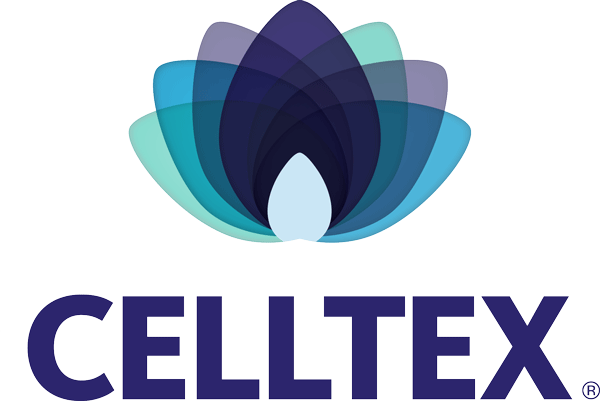Degenerative Conditions
Stem Cell Therapy & Degenerative Conditions
A degenerative condition refers to any disease that worsens over time. The disorders can be found in the nervous system, bones, blood vessels or heart. The conditions themselves stem from progressive cell deterioration, but the diseases eventually lead to cell death. Over 45 million people are affected by degenerative conditions like Alzheimer’s, amyotrophic lateral sclerosis (ALS), Huntington’s, Parkinson’s and some more rare diseases, such as Pick’s.
Each degenerative condition may have an array of origins, but through extensive research, scientists have discovered one key similarity between each disorder: abnormal proteins that interfere with normal cellular functions. When considering therapies and medications, identifying a condition’s particular cause is important, but unfortunately, many of these diseases have no known cure. Therefore, compelling therapy treatments will be pivotal in a patient’s road to health.
How can stem cell therapy help?
Mesenchymal stem cells (MSCs) have demonstrated the ability to differentiate into chondrocytes, osteoblasts and adipocytes in certain body conditions. Besides their differentiation ability, injected MSCs can travel and home to a site of injury in the body and penetrate the damaged tissue. Numerous scientific studies have illustrated that MSCs can secrete a variety of growth factors and cytokines, such as HGF, VEGF, PDGF, KGF and others. These have potential to perform important paracrine trophic functions to promote the endogenous cells to renew and to regenerate the damaged cells, reduce cell apoptosis and alleviate inflammatory reactions and may contribute to tissue repair for degenerative diseases.
Stem cell therapies are actively being explored to treat multiple degenerative diseases, including degenerative disc disease, age-related macular degeneration, heart failure and Parkinson’s disease. For neurodegenerative diseases, in addition to neural stem cells, MSCs are being examined based on their ability to provide neuroprotection and axon regeneration of damaged retinal cells directly through secretion of factors or indirectly through promoting endogenous cells to secrete relevant factors. Transplantation of MSCs in humans for a variety of conditions has, to date, been generally well tolerated.

